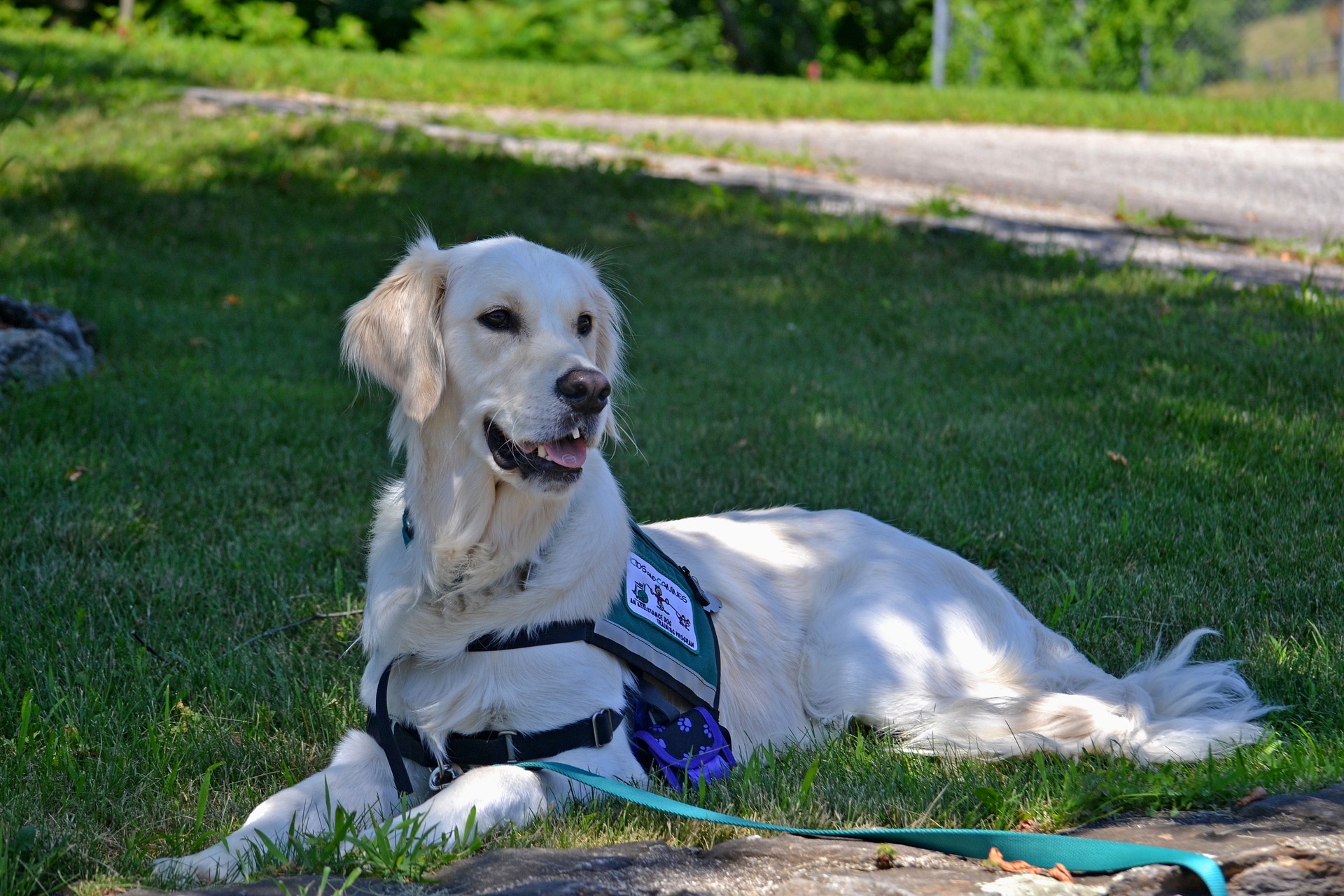
What Is the Dog DNA Test For?
Dog DNA tests have become more common thanks to people adopting dogs of mixed breeds and being interested in their dog’s heritage. Dog DNA tests allow us to peek into the ancestry of our paw friends and come to know them better. If you want to find out more about your dog’s heritage you can buy a dog DNA test at your local pet store, an animal sanctuary, the local veterinary clinic, and even on Amazon. The prices online range from about 70 USD to 150 USD depending on the brand. For example, the dog DNA test from Orivet can be found at 69.95 USD at the time of writing while the test from Embark is currently priced at 149 USD. As you can see, testing your dog’s DNA is not exactly cheap.
How Does a Dog DNA Test Work?
It should be noted that most dog DNA tests take about 2-3 weeks to be processed. You will need to use a cotton dental swab and collect a bit of saliva from your dog, then put the swab in a sealed tube that is then packaged in a pre-paid envelope and mailed to a laboratory. The results are usually delivered via email and a notification to your online account as many companies use mobile apps and websites for this service. Some tests come with extras like activity plans prepared by veterinarians and dog behaviorists, discounts for veterinary and/or grooming services, and exclusive newsletter subscriptions. I leave it to you to decide if these might have any value for you. Some advantages to note here are that dog DNA tests can reveal heritable health risks, nutritional suggestions, and adult weight predictions. Some dog DNA tests on the market may come with extra features like tests for allergies, problems with processing food, and detecting health issues.
Is a Dog DNA Test Accurate?
Dog DNA tests are very accurate and should you do one for your dog you will be presented with a pie chart (in most cases) that shows breeds mixed in your dog’s DNA in percentage points. The technology used in human DNA testing is the same as the one used for dogs, it is just adapted to their genome. This type of test can be invaluable in identifying genetic disorders and enable you to plan accordingly. Sadly, inbreeding is a significant problem impacting purebred dogs. For example, osteosarcoma or bone cancer is common in Golden Retrievers and degenerative mitral valve disease (a type of heart condition) is common in King Charles Spaniels. Running a DNA test on your pooch is a good idea and you might want to consult your veterinarian about what brand to use. Remember that providing your dog with quality food, exercise, and love will help tremendously in securing happy life and good health for your paw friend on your journey together. Don’t skip veterinary checks and make sure to take care of your dog’s oral hygiene, dental problems are not to be underestimated.












